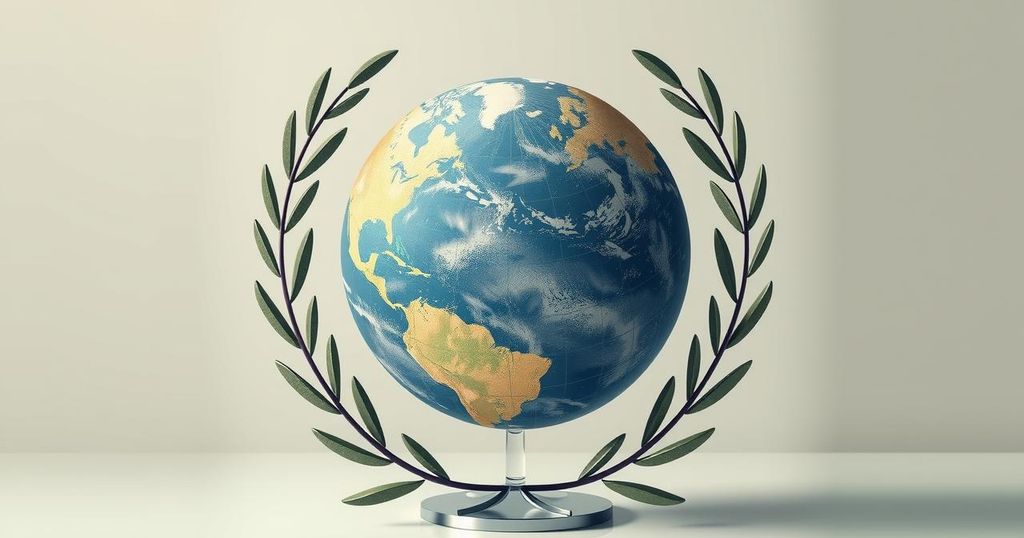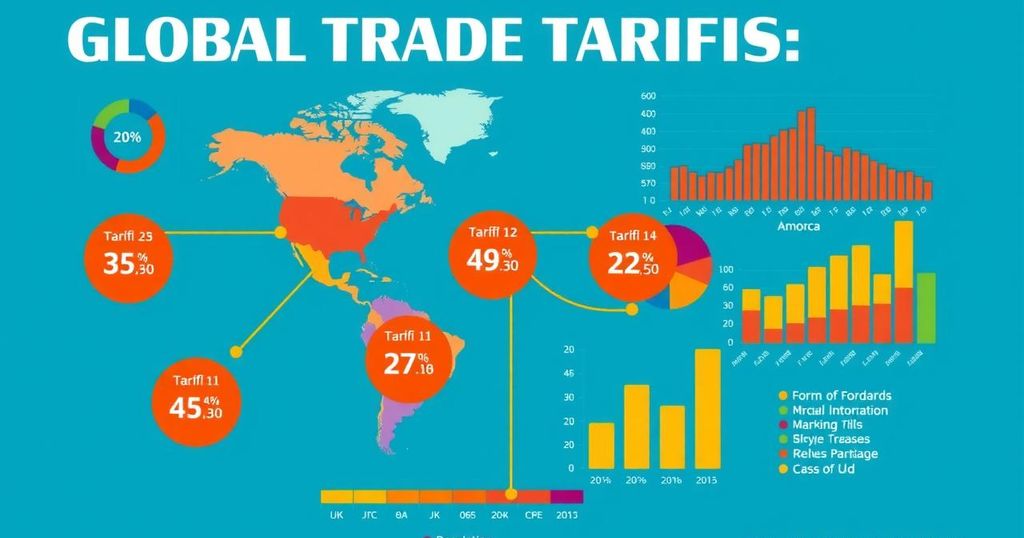Cuban officials condemned the U.S. blockade and the reinstatement of Cuba on the terrorism list, criticizing it as politically motivated. They highlighted Cuba’s contributions to global health and education while expressing solidarity with Panama. Historical context of the terrorism designation was provided, including its previous removal and recent reinstatement under Trump.
In a recent broadcast on the radio show Líder de Opinión, Cuba’s diplomat reiterated the condemnation of the United States’ blockade and its designation of Cuba as a terrorist state. He acknowledged that the previous removal of Cuba from the list by former President Joe Biden was a delayed but positive step. However, he criticized the current administration for reinstating the designation, viewing it as a politically motivated act resulting in further sanctions and impacting third countries unjustly.
The diplomat highlighted that Cuba has experienced acts of terrorism, notably referencing the infamous terrorist Luis Posada Carriles, who, in November 2000, attempted to bomb the auditorium at the University of Panama during an event attended by Fidel Castro. He condemned the recent statements by U.S. officials portraying Cuba as a threat, asserting that Cuba has consistently contributed to global health initiatives and educational campaigns.
Cuba has provided essential medical support during the COVID-19 pandemic and has engaged in numerous literacy programs across the region. The diplomat expressed gratitude to the Panamanian people for their support against U.S. hostility, affirming Cuba’s solidarity and commitment to Panama’s sovereignty, particularly concerning the Panama Canal, which he described as integral to the region’s anti-colonial history.
Cuba was initially labeled a state sponsor of terrorism in 1982 under President Reagan. President Obama removed this designation in 2015, deeming it unfounded. However, former President Trump reinstated Cuba to the list shortly before leaving office, adhering to a stringent policy against the island’s government.
The Cuban diplomat’s remarks underline ongoing tensions between Cuba and the United States regarding the terrorism designation and the blockade. While Cuba has demonstrated commitment to international cooperation and public health, the U.S. policy appears to be politically charged, leading to further sanctions and strained relations. The historical context of Cuba’s designation as a terrorist state reflects a long-standing dispute that affects regional dynamics. Cuba’s diplomatic efforts continue to seek support against perceived U.S. aggression while affirming its commitment to the principles of sovereignty and regional unity.
Original Source: www.plenglish.com




